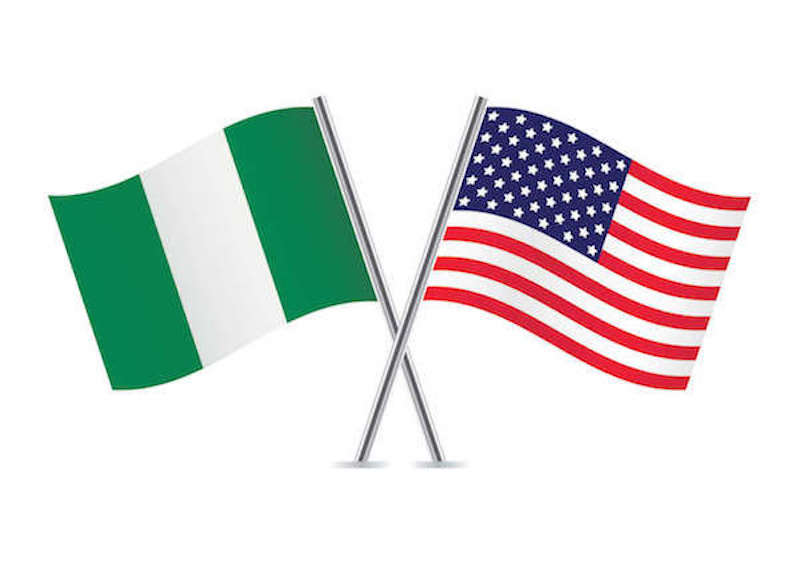The Office of the United States Trade Representative (USTR) has criticized Nigeria’s long-standing ban on 25 categories of imported goods, arguing that the policy poses major obstacles for American exporters.
The statement, shared Monday via the agency’s official X (formerly Twitter) account, comes just days after U.S. President Donald Trump unveiled sweeping tariffs targeting imports—Nigeria accounting for 14 per cent of the new restrictions.
Highlighting what it called “unfair trade practices,” the USTR pointed out that American producers, especially in agriculture and consumer goods, are being shut out of Nigeria’s market.
“Nigeria’s import ban on 25 different product categories impacts U.S. exporters, particularly in agriculture, pharmaceuticals, beverages, and consumer goods,” the USTR stated.
“Restrictions on items like beef, pork, poultry, fruit juices, medicaments, and spirits limit U.S. market access and reduce export opportunities.”
The agency emphasized the economic toll of the policy, saying, “These policies create significant trade barriers that lead to lost revenue for U.S. businesses looking to expand in the Nigerian market.”
Originally introduced in 2016, Nigeria’s import ban was part of broader efforts to reduce reliance on foreign goods and boost local production. The restricted list includes frozen poultry, pork, beef, refined vegetable oil, cocoa products, spaghetti and noodles, fruit juices, soft drinks, beer, medicaments, and more.
More recently, on March 26, 2025, the federal government announced intentions to add solar panels to the restricted list as part of its strategy to promote domestic manufacturing and advance its clean energy agenda.
Despite these policies being framed as economic protectionism, they’ve drawn criticism from international trade partners like the U.S., who view them as counterproductive to open trade and market expansion.
President Donald Trump, on April 2, announced sweeping global tariffs on all imports into the US, imposing 14 per cent on Nigeria.
The approach described as “Liberation Day,” is intended to counteract what Trump’s administration sees as unfair trade practices.
Trump on last Wednesday announced new blanket tariffs of 10 per cent on most imports to the U.S., with higher penalties based on trade deficits for many countries.
Meanwhile, Ngozi Okonjo-Iweala, the Director-GeneraI of the World Trade Organisation (WTO), disclosedthat the recent tariffs announced by the US will have significant implications for global trade and economic growth prospects.
The drop in oil prices also follows an increase in oil production by the Organisation of Petroleum Exporting Countries (OPEC) and its allies (OPEC+).



